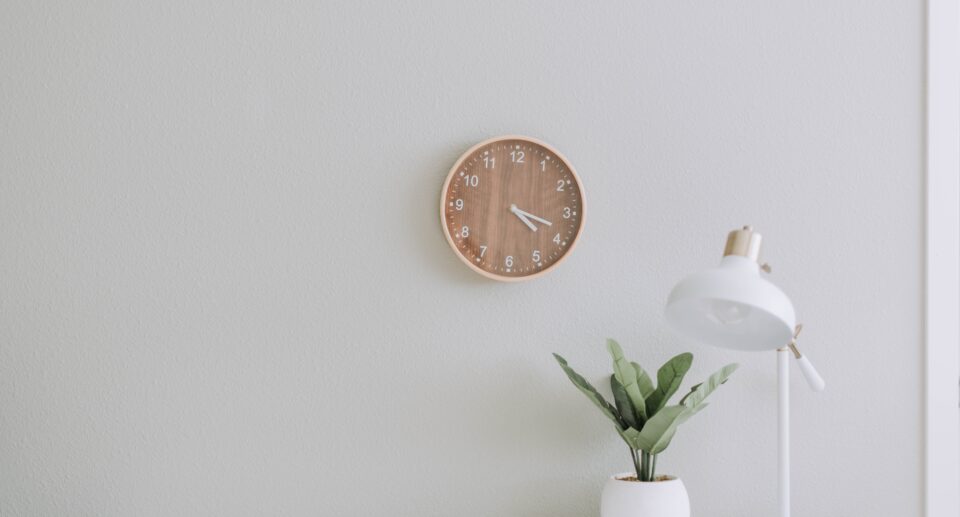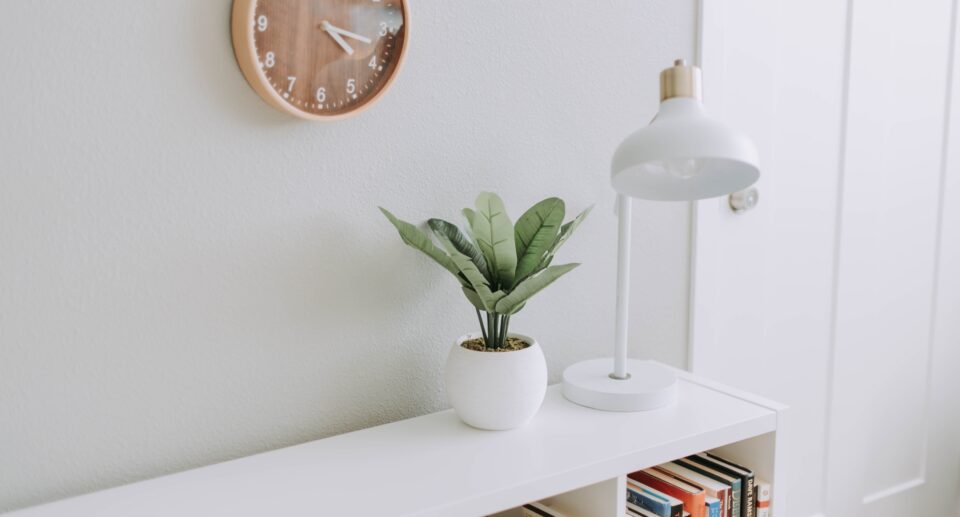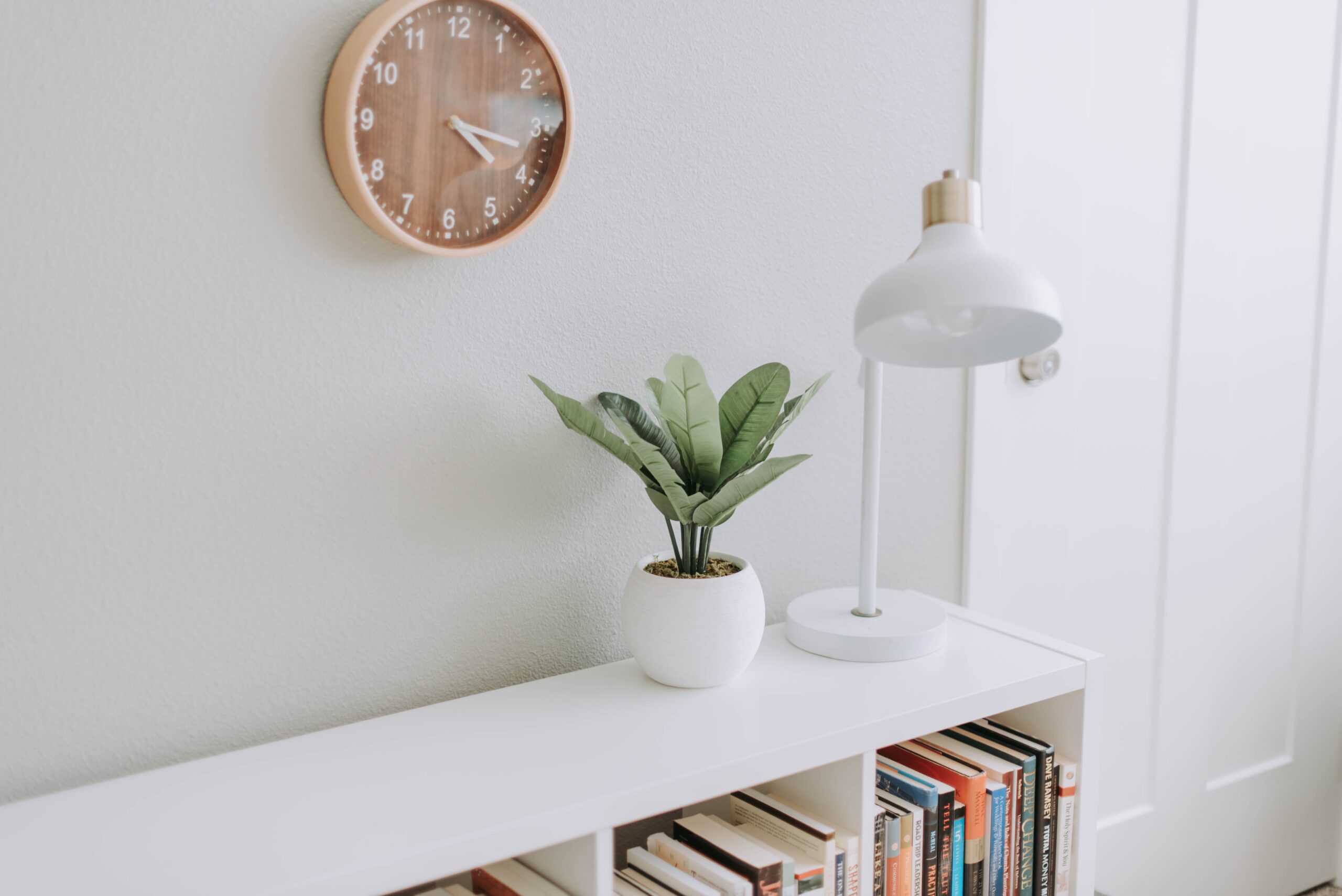9 Essential Tips for Living a Minimalist Lifestyle

Minimalism is a lifestyle that emphasizes living with less. It’s about decluttering your home and life of unnecessary possessions and distractions, so you can focus on the things that are truly important to you.
There are many benefits to living a minimalist lifestyle, including saving money, reducing stress, living a more sustainable lifestyle, having more time and energy, and focusing on the things that are truly important to you.
1. Declutter your home
The first step to living a minimalist lifestyle is to declutter your home. This means getting rid of anything you don’t use, need, or love.
There are many different ways to declutter. You can start by going through each room in your house and getting rid of anything that doesn’t fit into one of the following categories:
- Use: Do you use the item on a regular basis?
- Need: Do you actually need the item?
- Love: Do you love the item?
If the item doesn’t fit into any of these categories, it’s time to get rid of it. You can donate, sell, or recycle unwanted items.
Here are some tips for decluttering your home:
- Start small. Don’t try to declutter your entire home in one day. Start with one room or even one drawer.
- Be ruthless. If you’re not sure whether or not to keep an item, ask yourself if you’ve used it in the past year. If you haven’t, it’s time to get rid of it.
- Don’t be afraid to let go of sentimental items. It’s okay to keep a few sentimental items, but don’t let them clutter up your home. If you have a lot of sentimental items, consider taking photos of them or digitizing them so you can keep them without taking up a lot of space.
Once you’ve decluttered your home, you’ll be amazed at how much more space you have and how much easier it is to keep your home clean and tidy.
2. Be mindful of your purchases
Before you buy anything new, ask yourself if you really need it. If you’re not sure, wait a few days before making the purchase. This will help you avoid impulse buys.
When you do need to buy something new, look for high-quality items that will last. It’s better to buy one high-quality item than several low-quality items.
Here are some tips for being more mindful of your purchases:
- Create a budget. Decide how much money you want to spend on each category of items, such as clothes, food, and entertainment.
- Make a list before you go shopping. This will help you stay focused and avoid buying things you don’t need.
- Shop around for the best prices. Compare prices at different stores before you make a purchase.
- Consider buying secondhand items. Secondhand items are often just as good as new items, and they’re much cheaper.
By being more mindful of your purchases, you can save money and avoid cluttering up your home with unnecessary possessions.
3. Buy experiences, not things
Instead of spending money on material possessions, focus on spending money on experiences that will create lasting memories. This could include travel, concerts, or sporting events.
When you buy experiences, you’re investing in yourself and your well-being. Experiences also make great conversation starters and can help you connect with others.
Here are some tips for buying experiences instead of things:
- Think about the experiences that are most important to you. What are the things that you’ve always wanted to do? Make a list of these experiences and start planning for them.
- Set aside money each month for experiences. This will help you save up for the experiences that you want to have.
- Be creative with your experiences. There are many ways to have amazing experiences without spending a lot of money. For example, you could have a potluck dinner with friends, go for a hike in a nearby park, or visit a local museum.
By focusing on buying experiences instead of things, you can live a more fulfilling and meaningful life.
4. Simplify your routine
Take a look at your daily and weekly routine and see where you can simplify. This could mean eliminating unnecessary tasks, delegating tasks to others, or combining multiple tasks into one.
When you simplify your routine, you’ll have more time and energy to do the things that you love.
Here are some tips for simplifying your routine:
- Identify your priorities. What are the most important things in your life? Once you know your priorities, you can start to eliminate tasks that are not aligned with your priorities.
- Delegate tasks to others. If you have someone who can help you with tasks, such as cleaning, cooking, or childcare, delegate those tasks to them. This will free up your time so you can focus on the things that are most important to you.
- Combine multiple tasks into one. For example, you could listen to podcasts while you’re doing laundry or cooking. This will allow you to be more productive
5. Set boundaries
It’s important to set boundaries with your time and energy. Learn to say no to commitments that you don’t have time for or that don’t align with your values.
When you set boundaries, you’re protecting your time and energy so you can focus on the things that are most important to you.
Here are some tips for setting boundaries:
- Be clear about your priorities. What are the most important things in your life? Once you know your priorities, you can start to say no to commitments that don’t align with your priorities.
- Be assertive. It’s okay to say no to people. Don’t feel guilty about saying no if you don’t have time for something or if you don’t want to do it.
- Be prepared to explain yourself. Some people may ask you why you’re saying no. Be prepared to explain your reasons in a clear and concise way.
Setting boundaries can be difficult at first, but it’s worth it in the long run. When you set boundaries, you’re taking care of yourself and your well-being.
6. Embrace minimalism in all areas of your life
Minimalism is not just about decluttering your home. It’s also about decluttering your mind and your schedule.
Take some time to reflect on the different areas of your life and see where you can simplify. This could mean reducing your social media usage, limiting your news consumption, or spending less time on activities that don’t bring you joy.
Here are some tips for embracing minimalism in all areas of your life:
- Start small. Don’t try to change everything about your life at once. Start by making small changes in one area of your life. Once you’ve made those changes, you can move on to another area.
- Be patient. It takes time to change your habits and develop a minimalist mindset. Don’t get discouraged if you don’t see results immediately.
- Find a community. There are many supportive communities for people who are living a minimalist lifestyle. You can find these communities online or in your local area.
Having a community of support can help you stay motivated and on track.
7. Don’t be afraid to let go
One of the hardest parts of living a minimalist lifestyle is letting go of things. But it’s important to remember that material possessions do not define you.
When you let go of things, you are making space for the things that are truly important to you.
Here are some tips for letting go of things:
- Remember why you’re living a minimalist lifestyle. What are the benefits of living a minimalist lifestyle for you? Keeping these benefits in mind will make it easier to let go of things.
- Be mindful of your attachments. Why are you attached to this particular item? Is it because it has sentimental value? Is it because it’s expensive? Once you understand why you’re attached to the item, it will be easier to let go of it.
- Thank the item for its service. Before you let go of an item, take a moment to thank it for its service. This will help you to close the chapter on that item and move on.
Letting go of things can be difficult, but it’s worth it in the long run. When you let go of things, you’re freeing yourself from the burden of clutter and making space for the things that are truly important to you.
8. Don’t compare yourself to others
It’s easy to compare yourself to others when you’re living a minimalist lifestyle. But it’s important to remember that everyone’s journey is different.
Focus on your own journey and don’t worry about what other people are doing.
Here are some tips for avoiding comparison:
- Unfollow people on social media who make you feel bad about yourself. It’s okay to curate your social media feed to include people and content that make you feel good about yourself.
- Focus on your own progress. Instead of comparing yourself to others, focus on your own progress. How far have you come on your minimalist journey? What are you proud of accomplishing?
- Remember that everyone’s journey is different. There is no one right way to live a minimalist lifestyle. Focus on what works for you and don’t worry about what other people are doing.
Comparison is the thief of joy. When you compare yourself to others, you’re not allowing yourself to enjoy your own journey. Focus on your own progress and don’t worry about what other people are doing.
9. Be patient
It takes time to declutter your home and life and to develop a minimalist mindset. Don’t be discouraged if you don’t see results immediately.
Just keep at it and you will eventually reach your goals
Final Thoughts
Living a minimalist lifestyle can be a rewarding experience. It can help you save money, reduce stress, and live a more intentional life.
By following the tips above, you can get started on your minimalist journey. Just remember to be patient and don’t compare yourself to others.
Minimalism is not about deprivation. It’s about living with less so that you can focus on the things that are truly important to you.
When you’re living a minimalist lifestyle, you’re not just decluttering your home. You’re also decluttering your mind and your schedule. This can lead to a more peaceful and fulfilling life.
If you’re interested in living a more minimalist lifestyle, I encourage you to start small. Choose one area of your life to declutter and start there. Once you’ve made progress in that area, you can move on to another area.







